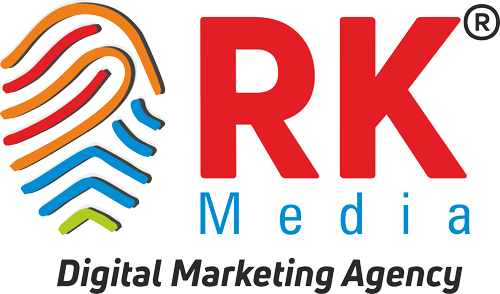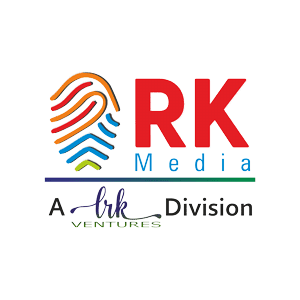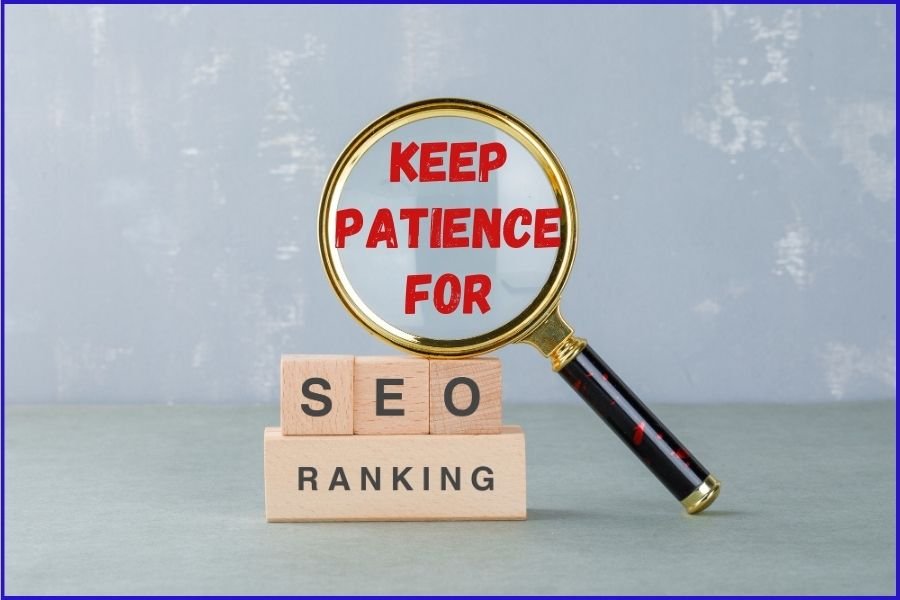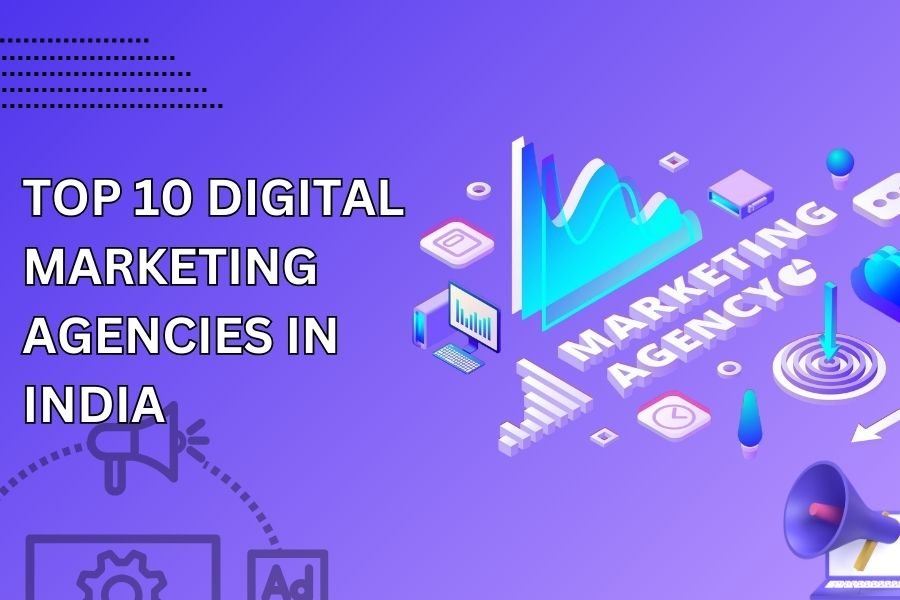Transforming Education: Unleashing the Power of SEO and Digital Marketing Solutions
Introduction

In the rapidly evolving landscape of education, the importance of online visibility and reach for educational institutions cannot be overstated. This transformation is driven by the need for institutions to adapt to the digital age, where prospective students, parents, and stakeholders turn to the internet for information and decision-making. Embracing SEO (Search Engine Optimization) and digital marketing solutions has become imperative for educational institutions to thrive in this digital era.
Brief overview of the current state of education
Before delving into the potential impact of SEO and digital marketing in education, it is crucial to understand the existing challenges and dynamics within the educational realm. Currently, traditional methods of education face several hurdles, including limited accessibility, outdated content delivery, and the need for more engaging and interactive learning experiences. The advent of digital technology has partially addressed these issues, but a comprehensive transformation is still required.
In the present state, educational institutions are grappling with the demands of a digital age, where information is easily accessible, and attention spans are diminishing. Moreover, the COVID-19 pandemic has accelerated the shift towards online learning, highlighting the necessity for adaptable and resilient educational frameworks.
Against this backdrop, the role of SEO becomes particularly significant. As educators and institutions strive to reach a wider audience and optimize their online presence, SEO emerges as a powerful tool for visibility and relevance. This section sets the stage for a discussion on the transformative potential of SEO and digital marketing in addressing the challenges faced by contemporary education.
Importance of online visibility and reach for educational institutions
In the digital age, the internet serves as the primary source of information for individuals seeking educational opportunities. Educational institutions must recognize the significance of online visibility in attracting prospective students. SEO plays a pivotal role in enhancing a school’s or university’s online presence, making it more accessible to those actively searching for educational services.
1. Enhancing Discoverability: SEO strategies, including keyword optimization and content creation, contribute to the discoverability of educational institutions. By aligning website content with relevant keywords, institutions can rank higher in search engine results, ensuring that their offerings are prominently displayed when individuals search for relevant educational programs.
2. Building Credibility and Trust: An optimized online presence not only increases visibility but also builds credibility and trust. Prospective students are more likely to trust institutions that appear in top search results, perceiving them as reputable and authoritative. SEO-driven content, such as informative blog posts and engaging multimedia, further establishes institutions as thought leaders in the education sector.
3. Engaging with a Global Audience: SEO facilitates the global reach of educational institutions, breaking down geographical barriers. By employing effective SEO strategies, institutions can attract a diverse audience of international students, expanding their influence and contributing to a more inclusive and diverse learning environment.
Pain Points in Education SEO
In the realm of education, the implementation of Search Engine Optimization (SEO) faces several challenges that can hinder the effectiveness of online platforms. One major pain point is the struggle to align educational content with the ever-evolving algorithms of search engines. SEO algorithms frequently change, and educational institutions often find it challenging to keep up with the latest trends and techniques. Furthermore, educational websites may encounter difficulties in optimizing their content for local search, especially if they have multiple campuses or locations. This can result in reduced visibility for potential students seeking information about specific programs or courses in their vicinity.
Additionally, the competitive nature of the education sector exacerbates the SEO challenge. Many institutions are vying for the attention of prospective students, making it crucial to stand out in search engine results. Balancing the need for broad visibility with the necessity of targeting specific, high-intent keywords can be complex and requires a nuanced SEO strategy. To address these pain points, educational institutions must adopt a dynamic and adaptive SEO approach that incorporates continuous monitoring of search engine algorithm changes and a comprehensive understanding of the unique aspects of the education sector.
Limited Online Presence
Despite the digital era’s prevalence, some educational institutions still struggle with establishing a robust online presence. This limitation stems from various factors, including outdated website designs, insufficient content optimization, and a lack of engagement with digital marketing channels.
A key aspect of enhancing online visibility is ensuring that the institution’s website is not only aesthetically pleasing but also optimized for search engines. This involves proper keyword integration, meta tag optimization, and adherence to SEO best practices. A failure to invest in these elements may lead to a diminished online presence, resulting in potential students overlooking the institution.
Poor Content Strategy
Content is the cornerstone of any successful SEO strategy, and educational institutions often face challenges in developing and maintaining a compelling content strategy. Poorly crafted content not only affects the institution’s search engine rankings but also fails to engage and inform potential students effectively. One prevalent issue is the lack of targeted and relevant content.
Educational websites must create content that answers the questions and concerns of their target audience, including prospective students and their parents. A failure to address these queries adequately may result in a higher bounce rate and diminished credibility. Additionally, the dynamic nature of educational programs and offerings necessitates a flexible and up-to-date content strategy. Institutions must regularly update their content to reflect changes in courses, faculty, and facilities, ensuring that the information presented is accurate and timely.
Ineffective Social Media Utilization
While social media platforms provide a valuable channel for connecting with audiences, many educational institutions struggle with ineffective utilization of these platforms. The failure to integrate SEO strategies into social media marketing efforts hampers the institution’s ability to maximize its online reach and engagement.
A successful digital marketing approach involves aligning social media content with SEO best practices. This includes incorporating relevant keywords, creating shareable content, and optimizing profiles for searchability. The synergy between SEO and social media is crucial in enhancing the overall online presence of educational institutions.
To address the issue of ineffective social media utilization, institutions must integrate SEO techniques into their social media marketing plans. This involves consistent monitoring of social media trends, audience engagement analytics, and aligning content with the institution’s SEO strategy.
Solutions Through Digital Marketing
In the realm of education, leveraging digital marketing is pivotal for institutions looking to stay competitive and reach a wider audience. One of the key strategies in this transformation is the effective use of Search Engine Optimization (SEO). SEO involves optimizing a website’s content to rank higher in search engine results, making it more visible to potential students, parents, and other stakeholders.
To implement SEO solutions effectively, educational institutions can start by conducting comprehensive keyword research to understand what terms their target audience is searching for. Incorporating these keywords strategically into website content, meta tags, and other digital assets helps enhance the website’s visibility on search engines. Additionally, creating high-quality, relevant content that addresses the needs and concerns of the audience not only improves search rankings but also establishes the institution as an authority in the education sector.
Moreover, technical SEO aspects, such as optimizing website speed, mobile responsiveness, and ensuring a secure browsing experience, contribute to a positive user experience, which, in turn, impacts search rankings positively. By embracing SEO as a digital marketing solution, educational institutions can significantly increase their online presence, attract more qualified leads, and ultimately enhance enrollment rates.
Website Optimization
A well-optimized website is the cornerstone of a successful digital marketing strategy for educational institutions. Website optimization, in the context of SEO, involves fine-tuning various elements to enhance user experience and search engine performance. This includes optimizing meta tags, improving site speed, ensuring mobile responsiveness, and creating a clear site structure.
For educational institutions, an optimized website is not only user-friendly but also search engine-friendly. Search engines reward websites that provide a positive user experience, and this can be achieved through strategic keyword placement, relevant content, and an intuitive navigation system. By aligning the website with SEO best practices, educational institutions can significantly increase their online visibility and attract a more targeted audience.
Content Strategy Enhancement
A robust content strategy is essential for educational institutions looking to leverage the power of SEO. Content is the currency of the digital realm, and educational content that is informative, engaging, and optimized for search engines can drive organic traffic to the website. This involves creating high-quality blog posts, articles, videos, and other educational resources that resonate with the target audience.
Keyword integration is a crucial aspect of content strategy enhancement. By conducting thorough keyword research and strategically incorporating relevant keywords into the content, educational institutions can improve their search engine rankings and attract users actively searching for educational resources. Additionally, a well-structured content strategy enhances the overall user experience, positioning the institution as an authority in its field.
Social Media Strategy
In the digital age, a robust social media strategy is indispensable for educational institutions seeking to connect with their audience, share valuable content, and promote their offerings. SEO plays a crucial role in optimizing social media profiles and content for search engines, ensuring that educational institutions are discoverable not only on search platforms but also on social media platforms.
To develop an effective social media strategy, institutions can start by identifying their target audience and selecting the most relevant social media platforms for engagement. By creating compelling and shareable content, institutions can encourage their audience to engage with and promote their content, thereby increasing their reach and visibility.
Incorporating SEO principles into social media profiles, captions, and posts involves using relevant keywords and hashtags to enhance discoverability. Regularly updating content, participating in conversations, and fostering a sense of community contribute to a positive social media presence, which can positively impact SEO rankings.
Benefits of Implementing Digital Marketing in Education
The integration of Digital Marketing, with a focus on SEO, brings forth a host of benefits for educational institutions:
1. Increased Visibility and Reach: SEO enhances the online visibility of educational content, making it accessible to a broader audience. This increased reach is vital for attracting prospective students, promoting courses, and establishing the institution as an authoritative source in the education sector.
2. Cost-Effective Marketing: Compared to traditional marketing methods, digital marketing, including SEO, is a cost-effective strategy. Educational institutions can allocate resources more efficiently, targeting specific demographics and optimizing campaigns based on measurable data.
3. Enhanced Student Engagement: SEO not only attracts visitors but also ensures that the content is relevant and engaging. By tailoring content to meet the needs of the target audience, educational institutions can foster better engagement with current and prospective students, creating a more dynamic and interactive learning environment.
4. Data-Driven Decision-Making: Digital marketing provides valuable data and analytics. Through SEO, educational institutions can gather insights into user behavior, preferences, and trends. This data-driven approach allows for informed decision-making, enabling continuous improvement in marketing strategies and educational offerings.
5. Competitive Advantage: In a digital age, staying ahead of the competition is crucial. Implementing SEO and other digital marketing solutions gives educational institutions a competitive edge by ensuring they are discoverable online and can effectively communicate their unique value propositions.
Conclusion

In the dynamic landscape of education, the integration of SEO and digital marketing solutions has emerged as a transformative force, reshaping the way institutions connect with their audience. As we navigate the evolving realms of learning, it becomes evident that optimizing educational content through SEO not only enhances visibility but also fosters a more engaging and accessible learning environment. The power of SEO lies in its ability to bridge the gap between educators and students, ensuring that valuable educational resources are easily discoverable.
This paradigm shift, propelled by digital marketing strategies, unlocks a plethora of opportunities for educational institutions to expand their reach and impact. Amidst this transformative journey, RK Media Digital Marketing Agency stands out as a beacon of expertise, offering tailored solutions that synergize education and technology. Their commitment to optimizing online visibility and crafting strategic digital campaigns underscores the agency’s pivotal role in reshaping the educational landscape. In essence, the convergence of SEO and digital marketing is not merely a trend but a catalyst for a revolution in education, and RK Media Digital Marketing Agency stands at the forefront, empowering institutions to harness the full potential of these transformative tools.
FAQs
1. Why is online visibility crucial for educational institutions?
Answer: In the digital age, individuals primarily use the internet to seek educational opportunities. Online visibility is crucial for educational institutions as it ensures they can be easily found by prospective students, parents, and stakeholders. SEO plays a vital role in enhancing this online presence, making educational services more accessible to those actively searching for them.
2. How does SEO contribute to building credibility and trust for educational institutions?
Answer: SEO not only increases online visibility but also builds credibility and trust. Institutions appearing in top search results are perceived as reputable and authoritative by prospective students. Content optimized through SEO, such as informative blog posts and engaging multimedia, establishes educational institutions as thought leaders in the sector, further enhancing trust.
3. Can SEO help educational institutions engage with a global audience?
Answer: Yes, SEO facilitates the global reach of educational institutions by breaking down geographical barriers. Effective SEO strategies enable institutions to attract a diverse audience of international students, contributing to a more inclusive and diverse learning environment.
4. What are the pain points faced by educational institutions in SEO implementation?
Answer: Educational institutions face challenges in aligning content with evolving search engine algorithms, optimizing content for local search, and navigating the competitive nature of the education sector. These pain points require a dynamic and adaptive SEO approach, including continuous monitoring of algorithm changes and a nuanced understanding of the education sector.
5. How can digital marketing, especially SEO, benefit educational institutions?
Answer: The integration of digital marketing, with a focus on SEO, brings numerous benefits for educational institutions. These include increased visibility and reach, cost-effective marketing, enhanced student engagement, data-driven decision-making, and a competitive advantage. Digital marketing empowers institutions to efficiently target demographics, gather valuable data, and stay ahead in the competitive digital landscape.
Image Reference: Freepik
Disclaimer: All trademarks, logos, and brand names are the property of their respective owners. All company, product, and service names used in this website are for identification purposes only. Use of these names, trademarks, and brands does not imply endorsement.
